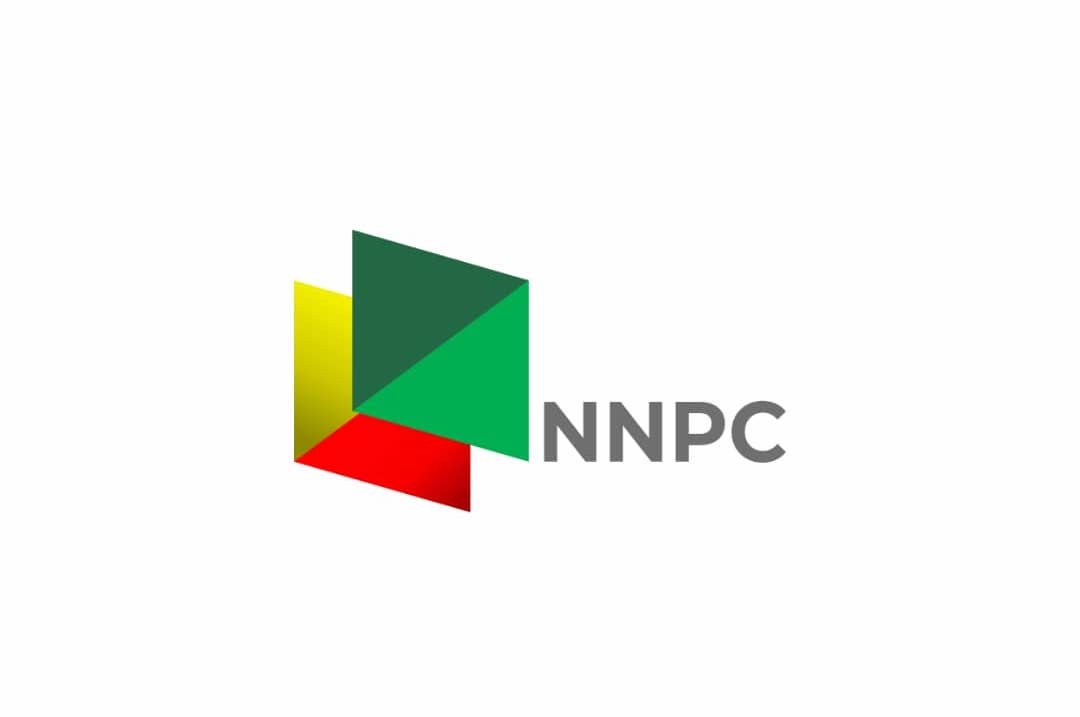The Committee Linking Entrepreneurship-Agriculture-Development (COLEAD) has held a stakeholder workshop to mark the successful conclusion of a five-year special programme created to support Kenya’s horticulture industry capacity to comply with the ever evolving market requirements.
The workshop, scheduled to take place in Nairobi, brought together key stakeholders from the public and private sectors, development partners, and horticultural industry representatives to review the outcomes, lessons learned, and the sustainability of the programme’s impact.
Launched in April 2020, The New Export Trade (NExT) Kenya Programme (Enhancing Kenya Horticulture Exports) was funded by the Delegation of the European Union (EUD) under the 11th European Development Fund (EDF), with a total budget of (EUR 5M). Its overarching goal was to improve Kenya’s horticultural value chains, fostering increased employment opportunities, foreign exchange earnings, and enhanced food security, food safety, and nutrition.
The programme has been instrumental in reinforcing Kenya’s position as a global player in horticultural exports, while addressing the evolving challenges in international market demands, regulatory frameworks and climate change by providing, virtual and in the field, technical assistance, vocational training and support services in regulatory monitoring, market insights, partnerships, research and innovation and access to finance.
“NExT Kenya has worked to strengthen horticultural value chains by improving market access, raising food safety and quality standards, and increasing sustainability on social, economic, and environmental fronts. This was achieved despite a very challenging context marked by the COVID-19 pandemic, Brexit, the war in Ukraine, climate change, and continuously evolving regulations in some of Kenya’s main destination markets,” said Jeremy Knops, the General Manager of COLEAD.
Over the past five years, the programme has made remarkable strides in improving the competitiveness of Kenya’s horticultural exports. Through targeted interventions based on demand, COLEAD has worked closely with over 182 beneficiaries, including small and medium-sized enterprises (SMEs), service providers, government institutions, and trade associations, to strengthen their capacity to meet the stringent sanitary and phytosanitary (SPS) standards set by key export markets, particularly the European Union.
“Another signficant milestone is that horticultural enterprises supported by the programme have almost all demonstrated significant gains in food safety management, business practices, environmental stewardship, and social empowerment—supporting a more competitive and sustainable sector. Additionally, local expertise in these areas has grown, benefiting both Kenya and the region. All these efforts have led to greater resilience for a sector that supports millions of smallholder farmers, traders, and entrepreneurs across the country,” said Jeremy.
Key achievements of the NExT Kenya Programme include:
Capacity building of MSMES on good agricultural practices, food safety, plant protection, access to markets and market intelligence, business planning and access to finance
Sanitary and Phytosanitary Standards, SPS, Compliance: Supporting the Kenyan horticultural sector to comply with the new EU Plant Health and food safety regulations covering pesticide residues and harmful organisms such as FCM on roses and MRL issues particularly on beans.
Support implementation of efficacy and residue trials for registration of plant protection products (PPPs) for control of critical pests affecting minor crops (fruits and vegetables).
Good Practice Guides (GPGs): Development of industry-specific Good Practice Guides for key horticultural value chains, including avocado, beans, and peas.
ü These guidelines were prepared to inform stakeholders on how to address the sanitary and phytosanitary (SPS) and commercial quality requirements along the value chains.
ü More importantly these guides have been broken down and dissemination materials prepared to inform various actors along the value chain.
ü A Training of Trainers (ToT) was conducted to equip industry experts with the required technical and training expertise on the GPGs content to support further roll out.
Public-Private Sector Dialogue: Strengthening the National Horticulture Taskforce (NHT), now restructured as the National Horticulture Standing Committee (NHSC), to facilitate continuous and responsive collaboration.
ü The NHT was established to address challenges and emerging issues while synergizing and optimizing resources for the betterment of the horticulture industry.
ü Support was provided for the secretariat and convening of meetings to address emerging issues.
ü A study was supported to identify the challenges affecting competitiveness of the Kenyan horticultural exports. Through this study, 122 bottlenecks were identified and the top 47 have been rationalized to inform development of the horticulture masterplan.
ü Support for trade missions to various market destinations.
“With the successes of NExT Kenya programme, we must remain vigilant to the challenges bedevilling the horticulture sub-sector, and agriculture generally. I am pleased to inform you that these issues are being addressed through the National Horticulture Standing Committee, an initiative of the Government and the Private Sector,” noted Dr. Kipronoh Ronoh, the Principal Secretary, State Department for Agriculture
Climate Change Resilience: Promoting sustainable practices, including the use of solar energy and waste-to-energy solutions, to enhance environmental stewardship-
ü Support for a pilot project which integrates digital sensors, solar powered weather station and remote sensing technology with drip irrigation on an avocado farm in Kenya to optimize water and energy use, improving irrigation efficiency, yields optimization and enhancing climate resilience through sustainable farming practices.
ü Supporting companies to calculate their carbon footprints and how to manage it.
ü Capacity building of the industry stakeholders on energy management.
The workshop provided a platform for stakeholders to reflect on the programme’s impact, share experiences, and explore strategies for sustaining the gains achieved. The event also featured testimonials from beneficiaries—including horticultural producers (MSMEs and BMOs), competent authorities and service providers—who shared how their participation in the programme has contributed to their growth and success- e.g. development of the risk profile register, establishment of internal audit mechanisms, communication strategies, identification of the bottlenecks affecting the competitiveness of Kenyan horticultural exports.
“We are confident that the EU-Kenya trade relations have substantial growth potential and the Economic Partnership Agreement (EPA) will create more opportunitiesfor Kenyan businesses and exporters, as it will fully open the EU market for Kenyan products and incentivise EU investment in Kenya thanks to increased legal certainty and stability,” noted Romero van Cutsem Rodrigo from the EU Delegation to Kenya.
The post Kenya horticulture programme delivers key achievements in global compliance, market access, and climate resilience appeared first on The Herald ghana.



